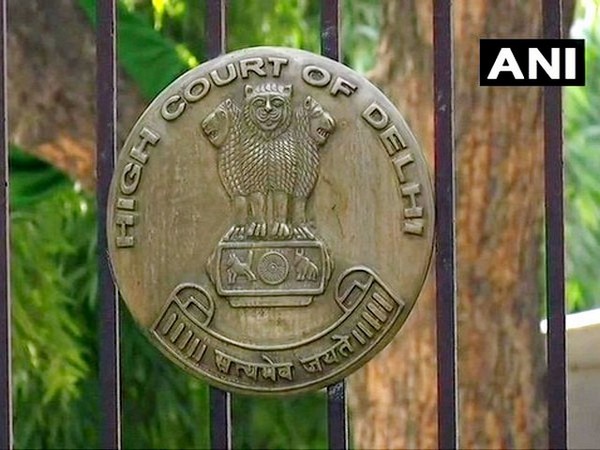Plea in HC against Delhi govt policy to utilise consolidated fund to pay salaries of imams, muezzins
All institutions are the same, the bench said.The court was hearing a petition by Rukmani Singh who said the Constitution provides that the state shall be secular and therefore, cannot favour any particular religion.However, in the instant case, the practice adopted by the respondent no.

- Country:
- India
The Delhi High Court on Thursday sought response of the city government on a plea challenging the policy to utilise its consolidated fund to release salaries or honorarium to imams and muezzins of mosques under Delhi Waqf Board and others.
A bench of Acting Chief Justice Manmohan and Justice Manmeet PS Arora issued notice to the Delhi government, its various departments including finance, planning, and revenue, and Delhi Waqf Board on the petition.
The court granted four weeks to them to file their replies and listed the plea for further hearing on July 22, saying the matter requires consideration.
''If this is happening with regard to one religion, then others will also come forward saying give us subsidies. Where will it end? These are not people who are working for the State. Go to South India or other parts of the country and you will see that religious bodies and institutions play lots of roles. Even if you read about ancient India, the entire economy revolved around temples. All institutions are the same,” the bench said.
The court was hearing a petition by Rukmani Singh who said the Constitution provides that the state shall be secular and therefore, cannot favour any particular religion.
“However, in the instant case, the practice adopted by the respondent no. 1 (Delhi government) to pay honorarium to few individuals of a particular religious community without considering the financial condition of the similar category of individuals in the other religious community directly contravenes the secular nature of the state and violates Articles 14, 15 (1) and 27, 266 and 282 of the Constitution,” the petition said.
It said Article 282 of the Constitution makes it clear that the spending power of the Union of India or the state government is not coterminous with the legislative power and the money must be spent on a public purpose.
“Ideally, no religion should be subsidised by taxpayer funds. That is the fundamental principle of a secular State. If money is to be paid, why is it being used to subsidise one religion and not others,” senior advocate Saurabh Kirpal, representing the petitioner, said.
The counsel said around Rs 10 crore was being paid annually to the imams and muezzins and the money was going not only to the people associated with the Waqf Board but also to those who are not associated with it.
Senior Advocate Sanjoy Ghose, appearing for the Delhi Waqf Board, contended that the honorarium to the imams and muezzins is not being paid by the government but by the board.
He said that the grants being provided to the imams and muezzins were properly sanctioned and were for a legitimate purpose.
Ghose added that these imams also perform cultural and social activities and supervise education for the disadvantaged groups inside the mosques and that the money is going for the benefit of socially backward people.
To this, the bench said even other religions and religious institutions perform similar functions and then they will also seek such financial help.
Delhi government standing counsel (civil) Santosh Kumar Tripathi referred to a judgment of the Supreme Court in which it was held that the position of imams are different from the priests in other religions and unlike other religions where money is charged for certain rituals, the imams do not charge any money.
(This story has not been edited by Devdiscourse staff and is auto-generated from a syndicated feed.)
ALSO READ
Madhya Pradesh: LoP Singhar dares CM Yadav to fight Digvijaya Singh in next state polls
Mumbai Police to record actor Sahil Khan's statement in Mahadev betting app case
Delhi Police bust interstate gang of auto-lifters, five arrested
"Will be safe if constitution is safe" Congress's Imran Masood courts controversy ahead of Saharanpur poll
BJP State President K Annamalai campaigns for Theni's NDA alliance candidate TTV Dinakaran










